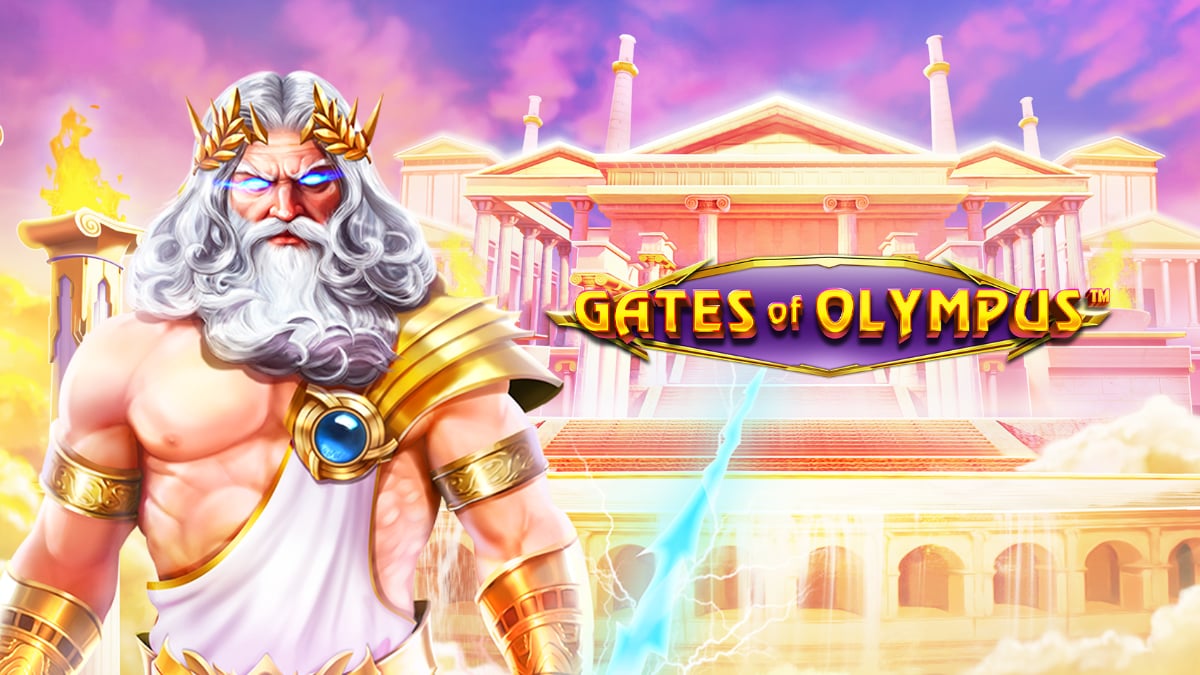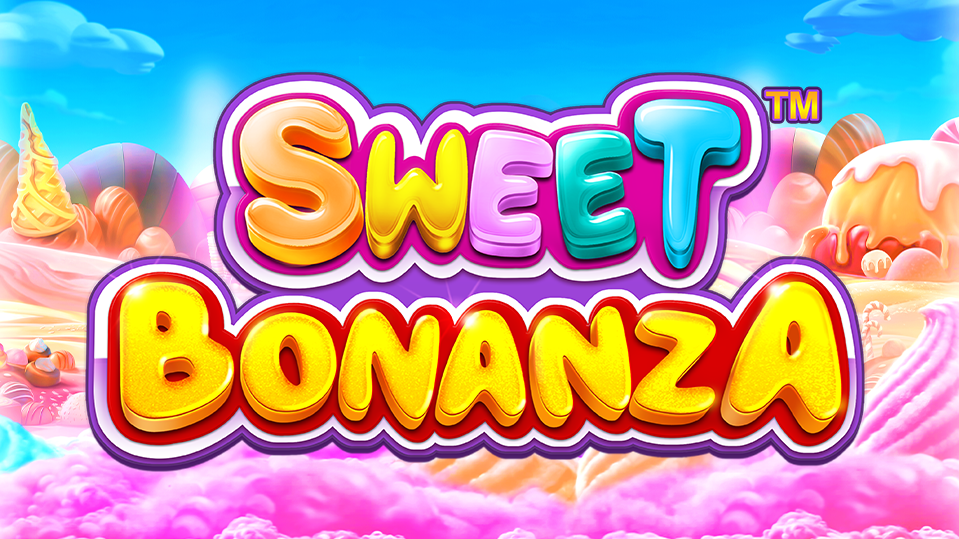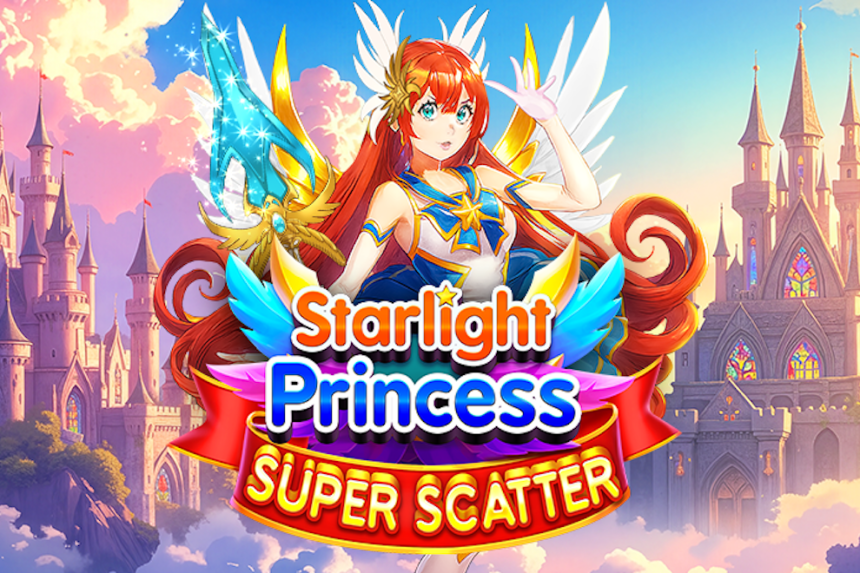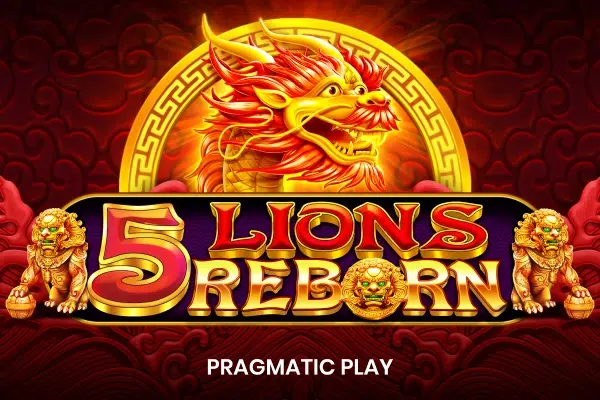SLOT GACOR GOSPIN303 HARI INI
Pilihan GOSPIN303 game slot gacor terbaik dengan tingkat kemenangan tinggi dan jackpot maxwin.




Situs GOSPIN303 slot online gacor terpercaya dengan RTP tinggi mencapai 98.5%. Mainkan game slot gacor hari ini dan raih jackpot maxwin terbesar!
Pilihan GOSPIN303 game slot gacor terbaik dengan tingkat kemenangan tinggi dan jackpot maxwin.




RTP (Return to Player) mencapai 98.5% untuk GOSPIN303 slot gacor maxwin terbaik.
Deposit & withdraw GOSPIN303 slot online gacor diproses dalam 1 menit tanpa delay.
Bonus new member 100%, cashback, dan turnover untuk GOSPIN game slot gacor.
Situs GOSPIN303 slot gacor berlisensi resmi dengan sistem keamanan terbaik.
Akses GOSPIN303 slot gacor hari ini via smartphone dengan AMP mobile version.
Peluang menang GOSPIN jackpot slot gacor dengan nominal terbesar.
Versi AMP mobile GOSPIN303 slot gacor kami memuat 3x lebih cepat di smartphone. Mainkan game slot gacor kapan saja dengan loading instant.

Member GOSPIN303
RTP GOSPIN303
GOSPIN AMP Load
Bonus GOSPIN303
Daftar sekarang dan dapatkan bonus new member 100% untuk bermain GOSPIN303 slot gacor maxwin.
Pemain Mobile: Untuk pengalaman tercepat di smartphone, gunakan versi AMP mobile GOSPIN303 dengan loading instan.